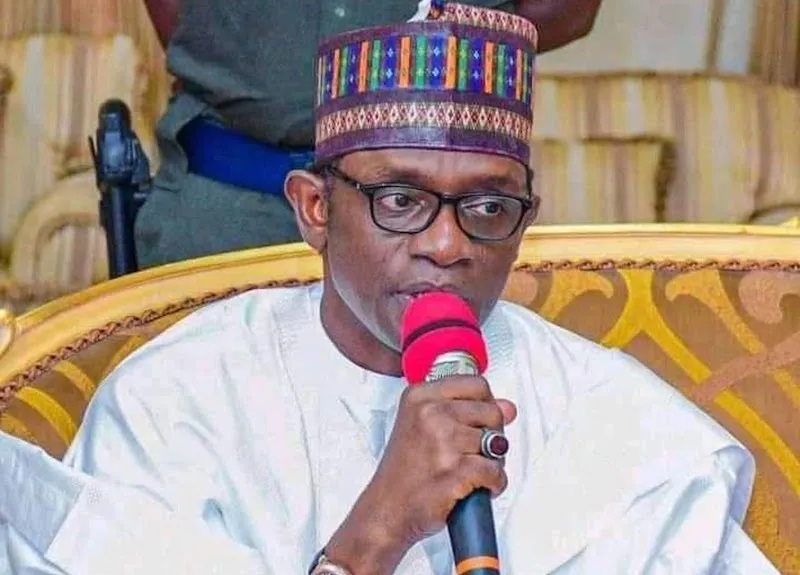The Yobe State Government has unveiled a major infrastructure and development push with approvals exceeding ₦40 billion (approximately $26.7 million) for projects spanning agriculture, healthcare, transportation, and commerce. Commissioner Abdullahi Bego announced the investments following an executive council meeting chaired by Governor Mai Mala Buni in Damaturu, signaling ambitious efforts to revitalize public services and stimulate economic growth in the northeastern Nigerian state.
A significant portion of the funding targets improved governance infrastructure, including ₦1.7 billion allocated for office complexes housing five state agencies and ₦962.65 million for a dedicated headquarters for the Yobe Investment Company Limited. Transportation networks will see upgrades through a ₦6.1 billion Central Motor Park in Damaturu and ₦248 million for modernizing the Yobe Line Terminus bus station. Road infrastructure projects received substantial backing, with approvals ranging from ₦1.25 billion for the 5km Daya-Fadawa route to ₦5.3 billion for the Damaturu-Gambir corridor.
Commercial development features prominently, with ₦2.7 billion earmarked for Machina Modern Market, ₦3 billion allocated for variations to the Geidam Modern Market project, and ₦3.9 billion to complete the Potiskum Modern Market. The administration is also investing ₦442 million in 100 barbershop equipment sets and ₦233 million for 50 salon kits to foster entrepreneurship, particularly among youth.
Agricultural support programs include ₦3.8 billion for dry season farming inputs, alongside separate allocations of ₦480 million and ₦1.3 billion for 490 and 1,412 solar-powered irrigation pumps respectively. An additional ₦5.3 billion was approved for NPK fertilizers to bolster crop yields in the 2025 farming season. Water infrastructure improvements include ₦396.92 million to rebuild a collapsed control gate in Alagarno village, addressing critical irrigation and flood management needs.
Healthcare investments total ₦1.4 billion for facility upgrades and ₦1.23 billion for medical equipment across secondary and tertiary institutions. In a move to strengthen maternal care, the council formalized the absorption of 422 healthcare workers—including midwives and community health extension staff—originally recruited through the Maternal Mortality Reduction Innovation Initiative (MAMII), a program targeting Nigeria’s high maternal death rates.
“These cross-sectoral approvals demonstrate our holistic approach to development,” said Commissioner Bego, emphasizing the administration’s focus on “simultaneously upgrading physical infrastructure while creating livelihood opportunities.” The projects align with broader efforts to improve living standards in Yobe, a state historically impacted by insurgency and economic challenges, through strategic public investments in core services and job creation pathways.
